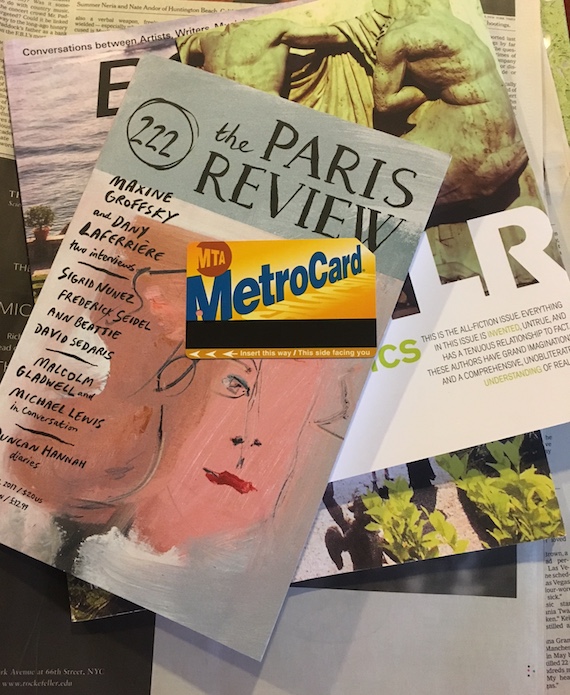 I spend so much time talking about serious (grown up) books that I sometimes forget that books had a completely different hold on me when I was a little fella. These days I like to read something that will challenge me, and I seek people out who will discuss a particular book with me. We turn the book around in our heads poking it and prodding it, making this or that judgment, and then we set the book carefully aside and rush onward to the next one. It really doesn’t bear much resemblance to the way my five year old self felt about books. Back then it was the purest escape. I could open a book and be utterly immersed within its confines. Such is the boundlessness of the young imagination that I could dwell in the same book almost endlessly. I gave no thought to picking up the same book day after day for weeks on end. As we grow older, our imaginations atrophy and it becomes difficult to immerse ourselves in a story and pictures in the same way. There are, however, a special handful of books that are powerful enough to remind you of what it was like to be five again. The Olivia series by Ian Falconer is able to do this. Something about the dreamy illustrations and the antics of a stubborn pig can make you forget yourself for a few minutes. The third Olivia book comes out today. It’s called Olivia . . . and the Missing Toy, and if you are at a bookstore today and you want a bit of merriment, take a look, you won’t be disappointed.
I spend so much time talking about serious (grown up) books that I sometimes forget that books had a completely different hold on me when I was a little fella. These days I like to read something that will challenge me, and I seek people out who will discuss a particular book with me. We turn the book around in our heads poking it and prodding it, making this or that judgment, and then we set the book carefully aside and rush onward to the next one. It really doesn’t bear much resemblance to the way my five year old self felt about books. Back then it was the purest escape. I could open a book and be utterly immersed within its confines. Such is the boundlessness of the young imagination that I could dwell in the same book almost endlessly. I gave no thought to picking up the same book day after day for weeks on end. As we grow older, our imaginations atrophy and it becomes difficult to immerse ourselves in a story and pictures in the same way. There are, however, a special handful of books that are powerful enough to remind you of what it was like to be five again. The Olivia series by Ian Falconer is able to do this. Something about the dreamy illustrations and the antics of a stubborn pig can make you forget yourself for a few minutes. The third Olivia book comes out today. It’s called Olivia . . . and the Missing Toy, and if you are at a bookstore today and you want a bit of merriment, take a look, you won’t be disappointed.








